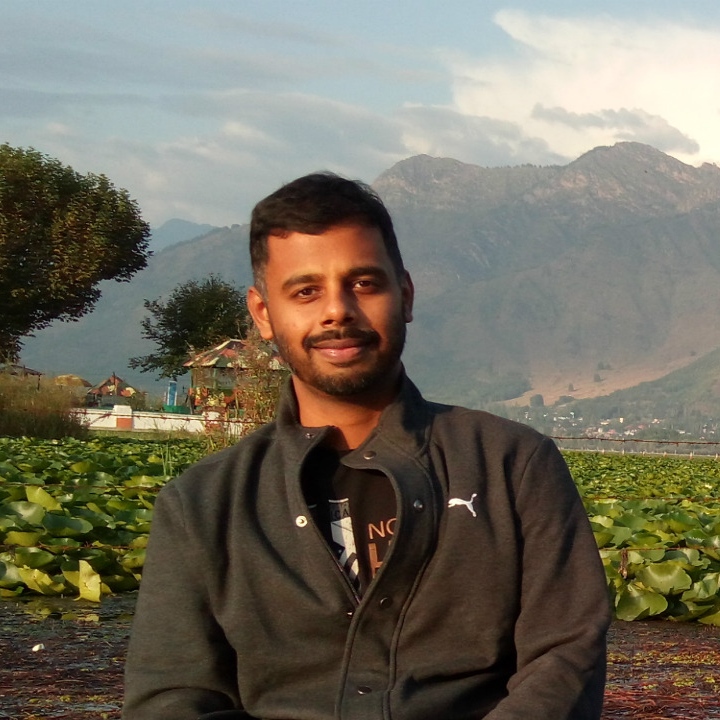Francesc Miralles is on a hectic tour of India to promote Ikigai—the wildly popular book he co-authored with Héctor García. The book promises to unlock the secrets of a meaningful and happy life, inspired by the Japanese concept of Ikigai, which roughly means ‘the happiness of living a full or worthwhile life’.
At its core is Miralles’ and Garcia’s assessment of the lives, habits and philosophies of the centenarians of Ogimi village in Okinawa, Japan. Ogimi’s residents enjoy the world’s highest life expectancy, even compared to the rest of Japan. Its inhabitants are famous for living long, happy and active lives. The book distills the lessons drawn from these centenarians’ lives into ten key rules, among which are ‘stay active, don’t retire, ‘don’t fill your stomach’ and ‘surround yourself with good friends’.
Over the telephone from Jaipur, Miralles talks to Thrive Global India about the philosophies underlying the book and how people can reconcile the pressures of modern-day living with the idea of slowing down and living in the present.
Thrive Global India: Do you believe humans come equipped with an overarching mission for our lives, or do we find that mission through experience and elimination?
Francesc Miralles: I believe that humans don’t come with an internal purpose or pre-written mission. The mission must be created along the way. Hence, our life’s first purpose is to discover our purpose.
TGI: Do you find that writers or readers of books on purpose, happiness, performance are too focused on Western philosophies, and that Eastern philosophies get ignored?
FM: In our book there are both. On one hand, it talks about Ikigai and Morita therapy, but it also describes Viktor Frankl’s logotherapy technique and Nassim Taleb’s concept of antifragility. We live in a time when philosophies all over the world are intermixing and getting interpreted by others. For example, the concept of meditation comes from India, but in the sixties and seventies, the Japanese developed zen meditation. And in the States, Dr Jon Kabat-Zinn was inspired by the Vietnamese monk Thich Nhat Hanh to develop a practical, non-religious interpretation of meditation that turned into a famous book on mindfulness.
TGI: Your first novel was written in India. How did your experiences here influence your perspective, or your writing?
FM: I had never before been in a country where there are so many cultures and religions that it seemed the whole world was in one place. It was like a school for novelists. The book I wrote was a children’s novel called ‘Lost in Bombay’ (Perdut a Bombai, published in 2001).
TGI: Ikigai has been a successful book. Do you think that there is something about global socioeconomic conditions or the pressures of modern living that are driving people to look beyond wealth or status and focus on purpose and fulfillment?
FM: Interest in Ikigai has come from different directions. The first is retired or older people who have more free time on their hands and are worried about how they can fill that time with meaning. The second set is young people about to start university, and who are about to make decisions that could affect the rest of their lives. The third section is millennials who are unable to find meaning or purpose in their current activities, because they are not driven solely by money, like previous generations were.
TGI: The book packs in a lot of information, not just about Ikigai, but also general advice on things diet, community living, practices like taichi and yoga, and philosophies like flow, antifragility, logotherapy. Why the broad scope instead of a ‘deep dive’ into Ikigai?
FM: Before we did our field work at Ogimi, we read a lot about their nutrition, climate, social structures and the impact of these things on the residents’ life expectancy. And our understanding of Ikigai, or purpose, brought us to other things like logotherapy, which is a technique to help people find personal meaning; flow, which means being so immersed in a task that you lose track of time; and antifragility, which is about overcoming adversity. Since all these were related to each other, we added them to the book.
TGI: Your research on Ogimi’s residents shows that they live slowly, have good genes, healthy diets, are connected to community and have artistic passions. But many of these things are at odds with the current idea of success, which involves long hours at work and blurring the line between personal and professional life. How do we reconcile the two?
FM: The common idea of success is based on multiplying the quantity of things you own: cars, houses and so on. But the other way to define success is through quality. The trouble with the quantity-focused approach is that there’s no end to it. People who are already rich want even more wealth, which is why they do things like evade taxes. Chasing quantity also leads to tiredness and exhaustion in the long run.
But when you focus on quality, you’re happy living in a humble house, with two lifelong friends instead of 10,000 ‘friends’ on social media, and you do the things you love. In his book Walden, Thoreau talks about the pleasures of living a simple life in the woods. It is basically a concept called downshifting.
I am not suggesting that we ‘downshift’ during work hours. The problem is that you’re not free even outside working hours. We’re constantly addicted to technology and there is a frantic reception of input in our free time. We have horror vacui, a Latin phrase meaning the fear of emptiness. It means that we keep filling our time because we don’t want to look inside.
TGI: The book also touches on existential crises—filling the gaps in our lives with money or physical pleasure. Are these crises applicable to a certain class or group more than others? We rarely talk about farmers or labourers having existential crises, for example.
FM: Existential crises are for the middle or upper classes. If you’re fighting for survival, you won’t have any existential crises. I think it’s an illness of the intellectual mind: you need money and spare time to have all these questions about life.
TGI: How do you implement the principles of Ikigai in your life?
FM: There are 10 principles in the book, and some are easier to practice than other. If you go to a dinner with people, you may not be able to follow ‘the law of 80%’ (eating till you’re 80% full). But there are other things. I do stay in touch with old friends and try to meet them every week. Also I dedicate at least one hour a day to a non-work related purpose that nurtures the soul: usually playing the piano or writing something for myself. I smile all the time and try to concentrate on the person or task in front of me. I’m not perfect; like they say, sh*t happens (laughs). But I try.


